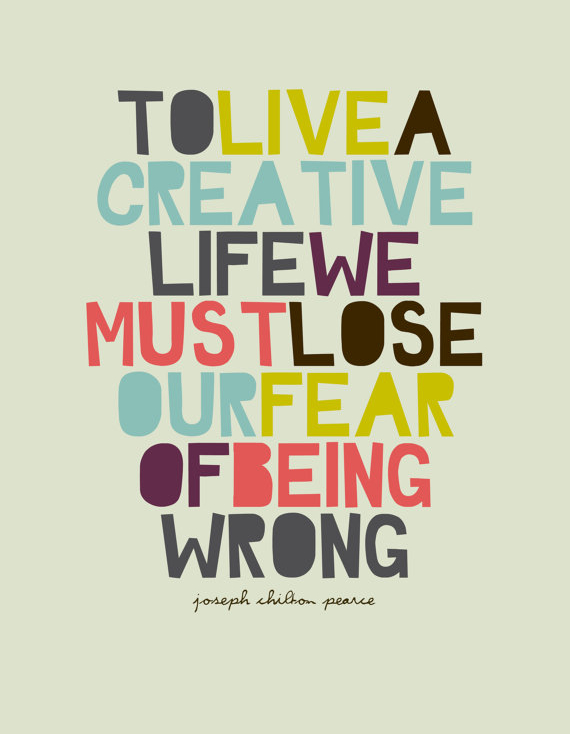There's probably a cleaner version of that somewhere, but the subtitles add a certain je ne sais quoi. Some of the ideas in the video are expanded upon in this article at LockerGnome.
Mr. Cleese talks about research into the nature of creativity that tells us creativity is not an innate talent. It's not tied to how educated you are. It's a state of mind where you're not blindly rushing directly toward the completion of a task, but a state of mind where you're open to exploring ideas that you stumble across. It doesn't focus on a specific goal, it looks around and sees everything in the area.
You can develop creativity by inviting it in, by creating an oasis of time and space to block out the day-to-day task completion (Closed Mode) and settling yourself into an almost meditative state where you can grab ideas and run with them.
He talks about Open Mode and Closed Mode and my mind flips into other modes of duality. About being open to the ideas around you and about discarding ideas as irrelevant to your current task. About moving in circles around a topic and about moving in lines to implement a plan. About the darkness of chaos and potential and the beam of light focused on a single goal. About Zero and One. Gathering and Hunting. Female and Male. Yang and Yin. Circles and Lines.
And that made me think of this TED talk about brain scans done on improvisational jazz and freestyle rap artists to see how your brain handles improv. It's sixteen had a half minutes, but fascinating.
With music, you work within a massive linear structure through the musical constructs of meter, scale, harmomy, and rhyme. Improv musicians can fit something spontaneously creative within the confines of that structure. When improvising music, the self-expression, language, and communication areas of the brain engage in addition to all the structural areas that engage when performing memorized music.
Freestylin' RPG
How does this tie to role playing games? Like music, you have a massive linear structure of rules, stats, character classes, combat maneuvers, the nature of magic, and all the optional and home rules that make the game system. And like music, players and GMs need to be creative and fit their ideas within this structure for a really great game. The pace is somewhat slower than rushing to figure out something to do in the next four bars, but I think the concept holds.
Getting back to the John Cleese talk, to be a great improvisational GM you need to be able to speedshift between Open and Closed Modes. To take the ideas that come up at the table and flesh them out within the rules to present the next thing that happens in the story. To be quick enough to paint the next scene for the players when they take that sudden left and dive off the edge of the map. To brainstorm ideas and implement them in the same breath. It takes effort that engages more of the brain than just running a pre-written adventure, and that explains why I'm usually both tired and buzzed after GMing a good session.
Getting to Open Mode
This begs the question, "How can I switch into the Open Mode quickly?", and there's no simple answer to that. How do you prepare yourself to run a game? I don't just mean prepping the pieces of the game; I mean how do you get yourself in the right frame of mind to take curve balls from the players and react intelligently?
One idea comes from the brain scan video. When improvising, the self-monitoring part of the brain disengages to let the new ideas to come out without inhibition. With this in mind, Hemingway gives us one way to think about avoiding the inner editor and letting the ideas flow: "Write drunk. Edit sober." He was talking about getting past writer's block, so GMs can think of it as, "GM drunk. Design sober."
I'm not advocating that you run your games drunk, but if it works for you I'm not going to tell you to stop it either.

Do I have a point? Yes.
Give up some control and you'll improvise better.
You don't need to be right, especially not the first time. You don't need to fear being wrong because you learn from things that aren't perfect. Remember it's not your game alone, it belongs to everyone at the table. So let the ideas come out without stopping them. Communicate your ideas and let your players change them. Tap into the Open Mode circular way of playing with new things, and don't discard ideas before you give them voice just because the Closed Mode tells you they don't fit with the current line in the game.
Challenge yourself to use one idea as soon as it comes up at the table, preferably one that you didn't come up with. Before long, it'll become a habit and you'll be able to roll with anything that comes up at your table.
Good luck out there.


No comments:
Post a Comment